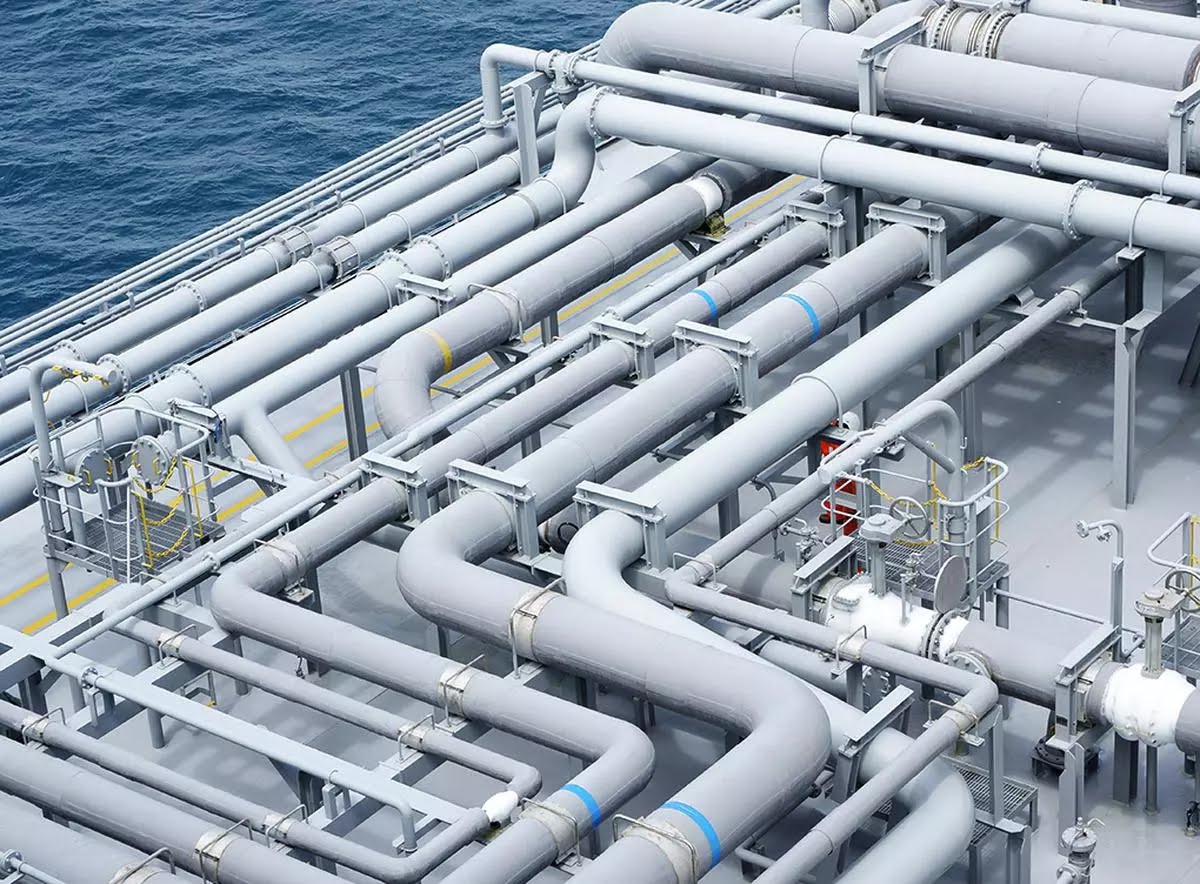Ambassador Yusuf Tuggar, Nigeria’s Minister of Foreign Affairs, advocates for collaborative efforts between Nigeria and Qatar to promote gas diplomacy and facilitate the transition towards sustainable energy.
He made the call while delivering a lecture at the Doha Diplomatic Institute on February 29th, 2024, on the sidelines of President Bola Ahmed Tinubu’s state visit to the State of Qatar, according to a statement from Alkasim Abdulkadir, the minister’s media aide.
While highlighting the key benefits of Nigeria-Qatari relations for Africa and global gas sectors, the Minister posited that Qatar and Nigeria are blessed with hydrocarbon deposits that place them at the center of the new energy equation.
He also said that while Qatar has the third largest gas reserves in the world, Nigeria is best known as Africa’s largest oil producer, adding that Nigeria is a gas province with a bit of oil.
“We are sitting on reserves of 208 TCF. We use our reserves to develop our economies, and we are confident that we can also develop partnerships that will support the process of transition,” the minister added.
Tuggar further stated that it is incumbent on gas-rich countries like Qatar and Nigeria to make a case for gas as a cleaner alternative and transition fuel fit for human use, while also adding that “Nigeria requires a partner such as Qatar that shares a similar epistemology of gas as a resource for human utility to develop its gas assets further and expand market share for the benefit of both countries.”
He also enthused that “Nigeria can help Europe and other industrial economies diversify their sources of energy supply. In turn, a more stable market creates more stable prices and a more stable platform for economic growth, improved living standards, and new opportunities.”
The Minister equally posited that Nigeria currently has a 6-train LNG with a nameplate capacity of 22 MTPA, an 8 MTPA 7th train underway, as well as an 8th train planned for the near future.
“Nigeria also has two additional LNG projects that have reached advanced planning stages: Olokola (OK LNG) and Brass LNG. Opportunities for quick-floating LNG projects also abound. But even before that, 150km from Nigeria lies Equatorial Guinea’s Bioko Island LNG, fresh out of gas supplies and ready to take in feedstock from Nigeria,” he said.
He said that beyond the LNG, “Nigeria has two major gas pipeline projects with the potential of delivering gas to Europe currently underway: the Trans-Saharan Gas Pipeline through Algeria can potentially deliver a conservative 2 billion scf/d, while the 7,000km Nigeria-Morocco Gas Pipeline seeks to join the Maghreb-European Pipeline (MEP) with a capacity of 30 billion cubic meters/day.”
He went further to say that all of these projects provide huge opportunities for Qatar to partner with Nigeria to enter new markets for gas in Africa and beyond.
Qatar’s extensive experience in negotiating intricate international business agreements and its adeptness in diplomatic mediation make it well-suited to spearhead negotiations for a Nigeria-Morocco pipeline project involving over 15 countries.

